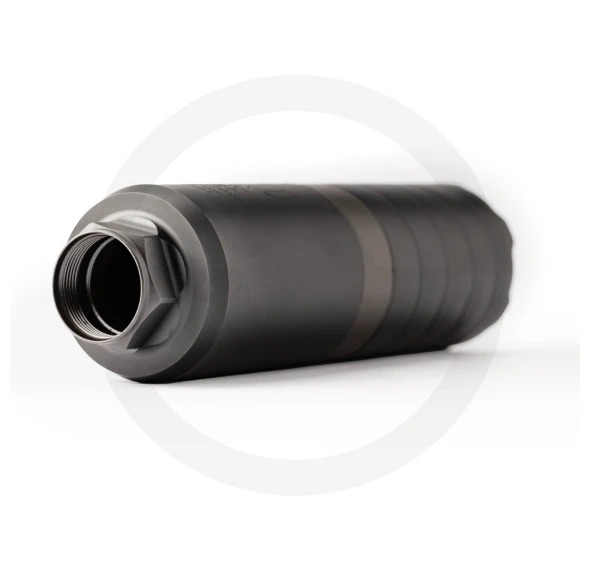
For generations, whitetail deer hunting has been a staple of American outdoor heritage. As technology evolves, so do the tools we use in the field. One such advancement that’s been gaining popularity—and legal ground—in many states is the use of suppressors (commonly known as “silencers”) in deer hunting. Far from being just a tactical accessory, suppressors offer real-world benefits for hunters and wildlife alike.
Why Use a Suppressor When Hunting Whitetail?
Suppressors are often misunderstood. In movies, they’re portrayed as making a gunshot completely silent, but in reality, they only reduce the noise, not eliminate it. For hunters, this reduction is beneficial in several key ways:
1. Hearing Protection
Firearms can produce sound levels above 160 decibels—enough to cause permanent hearing damage. Even with ear protection, the sudden blast can still be jarring. A suppressor can reduce noise by 20–35 decibels, making the shot less harmful to your ears and more comfortable to shoot without the need for bulky hearing protection.
2. Reduced Disturbance to Wildlife
A quieter shot is less likely to spook other deer in the area. This gives hunters the potential for follow-up opportunities and minimizes disruption to the environment. In heavily hunted regions, this can be the difference between a full season and a full freezer.
3. Improved Accuracy
Suppressors reduce recoil and muzzle blast, which can help hunters maintain better control and improve shot placement. A well-placed shot is more ethical, reducing the chances of a wounded animal escaping.
4. Better Communication
When hunting in groups, especially with newer hunters or youth, being able to talk without shouting over gunfire helps with safety and coordination.
Legal Considerations
Suppressor use in hunting is legal in over 40 states as of 2025, but regulations vary. Some states limit suppressor use to private land, others require specific permits, and a few may restrict their use for certain game species. The National Firearms Act (NFA) requires a federal tax stamp, background check, and approval process to legally own a suppressor. While this process can take time, it’s a one-time investment with long-term benefits.
Choosing the Right Suppressor
For whitetail hunting, most hunters pair a suppressor with common calibers like .308, .30-06, or 6.5 Creedmoor. Key factors to consider include:
- Caliber compatibility: Match the suppressor to your rifle’s caliber.
- Weight and size: Lighter suppressors are easier to carry, but may be less effective at noise reduction.
- Build quality: Titanium and stainless steel offer a good balance of durability and weight.
Final Thoughts
Suppressors are not just about stealth—they’re about responsible hunting. They promote safety, reduce environmental impact, and make for a more enjoyable hunt. As more hunters discover the benefits and states adapt their laws, suppressors are becoming an increasingly common sight in the whitetail woods.
If you’re considering making the switch, be sure to research your state’s laws, choose the right equipment, and enjoy a quieter, more effective hunt. – FYI in Maryland it is Legal to hunt supressed.
Be sure to act now while the inventory is plentiful.
Disclaimer: Always check your local and state laws regarding suppressor use and hunting regulations before heading into the field.
